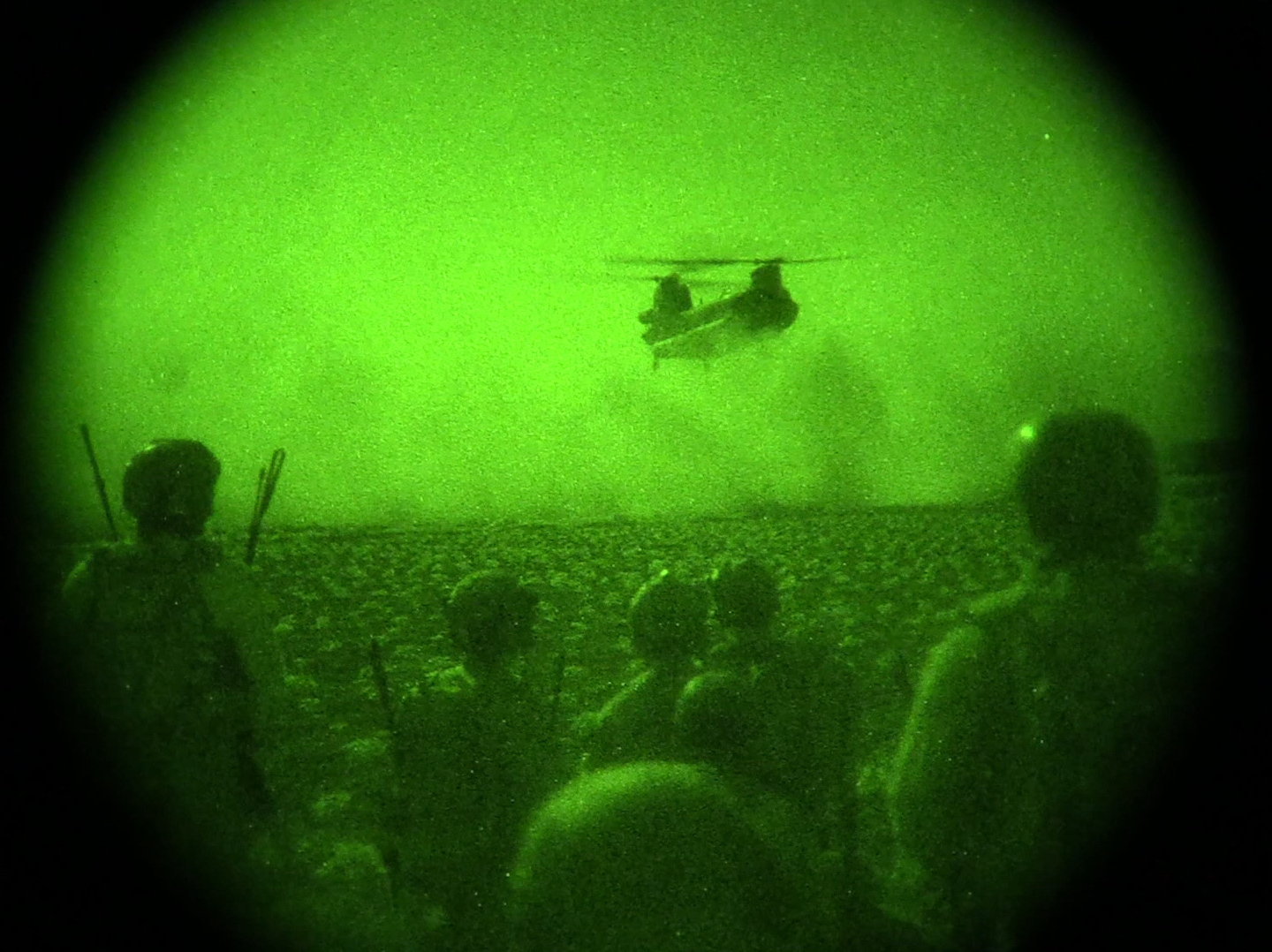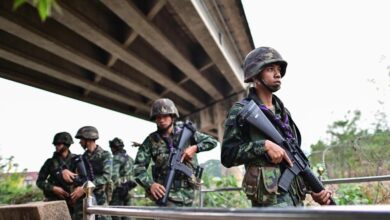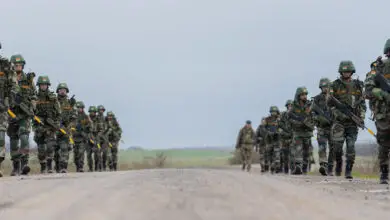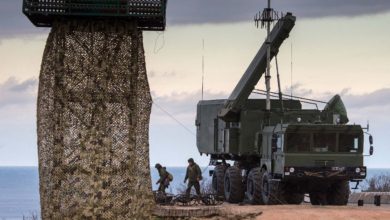Afghanistan fears spillover of India-Pakistan tensions
KABUL, Afghanistan – Fearing a dangerous spillover impacts from increased tensions between India and Pakistan, war-ravaged Afghanistan has advised its nuclear-armed neighbors to exercise the utmost restraint.
On Wednesday, February 27, the Pakistan Air Force claimed to have shot down two Indian aircraft inside Pakistani airspace, a day after India said it struck hideouts of the Jaish-e-Mohammad militant group – responsible for a deadly suicide attack in Kashmir– inside Pakistan.
India blames Pakistan-based JeM for killing more than 40 Indian security forces in the troubled Kashmir valley on February 14.
The flare-up has almost brought the two to the brink of another full-blown war. Since the partition of British India in 1947 and creation of modern states of India and Pakistan, the neighbors have been involved in at least four wars.
Afghanistan – a country with its own bloody past of being turned into battlefield for multiple proxy wars – fears the fallout of recent escalation of warmongering between New Delhi and Islamabad would hamper the fragile measures to bring some sort of peace and end four decades of turbulence.
Afghanistan wants situation defused
“Afghanistan wants the defusion of tension in the region. Terrorism is a global issue, and Afghans have been biggest victim of it, however, the peace process in Afghanistan is its domestic matter. We hope Pakistan takes practical steps in this regard in line with its pledges since peace in Afghanistan is in the interests of the region and can guarantee stability in Pakistan as well,” the Ministry of Foreign Affairs in Kabul said in a statement on Wednesday in response to Pakistan’s warning of potential harm to the peace process in the wake of its rift with India.
Pakistani Foreign Minister Shah Mehmood Qureshi on Tuesday said that India’s “aggressive posture” could affect joint efforts for peace in Afghanistan. “Indian aggression can disturb joint efforts to establish peace in Afghanistan,” Qureshi was quoted by his office as telling U.S. Secretary of State Mike Pompeo in a phone call.
Islamabad has always seen Indian engagement in Afghanistan with suspicion and as part of a carefully orchestrated strategic maneuver aimed at encircling Pakistan, a fear discarded by both New Delhi and Kabul.
Former Afghan Air Force officer, retired Brigadier Mohammad Arif, told The Defense Post that the deep-rooted mistrust in the region stems from Pakistan’s longstanding investment in the Taliban and other militant outfits as means for strategic depth in Afghanistan and the disputed Kashmir valley.
“Many of the Taliban leaders traveled to the UAE, Qatar and Russia on Pakistani travel documents, they live there [in Pakistan] and are now evidently backed by the powerful Pakistan Army, as is the case with the Jaish-e-Mohammad and Lashkar-e-Taiba that have footprints in Afghanistan as well.”
Afghans are particularly haunted by the memories of the 1999 hijacking of an Indian Airlines Airbus A300 traveling from Nepal to Afghanistan that was aimed at the release of many militants, including founder of JeM, Masood Azhar.
Bastions of Pakistani militants in Afghanistan
Afghan officials have been on record as saying that more than 20 terrorist groups, including many based in Pakistan, are operating in Afghanistan.
General Nazar Ali Wahidi, regional head of the Afghan secret service, the National Directorate of Security, in Nangarhar, told The Defense Post that many of these groups are holed up in the eastern rugged mountainous districts along the Durand Line with Pakistan.
“We know the Taliban, Daesh [Islamic State Khorasan Province], Jaish [JeM] and Lashkar are active in Nangarhar and Kunar provinces, but we would not spare them,” he said.
Kabul-based analyst Arif said Afghanistan fears Pakistan might target Indian interests in Afghanistan through these proxies.
The main rebel group in Afghanistan, the Taliban, were quick to distance them from the Indo-Pak tension when a report by Reuters news agency cited one of the group’s spokespeople as saying the Taliban warned India that clashes with Pakistan will impact the Afghan peace process.
“@Reuters has published a fake report citing the spokesman of Islamic Emirate (Taliban) regarding #Pakistan-#India tensions, we have not talked to any media outlet regarding this issue at all,” Taliban spokesperson Zabihullah Mujahid tweeted on Wednesday.












2 Comments